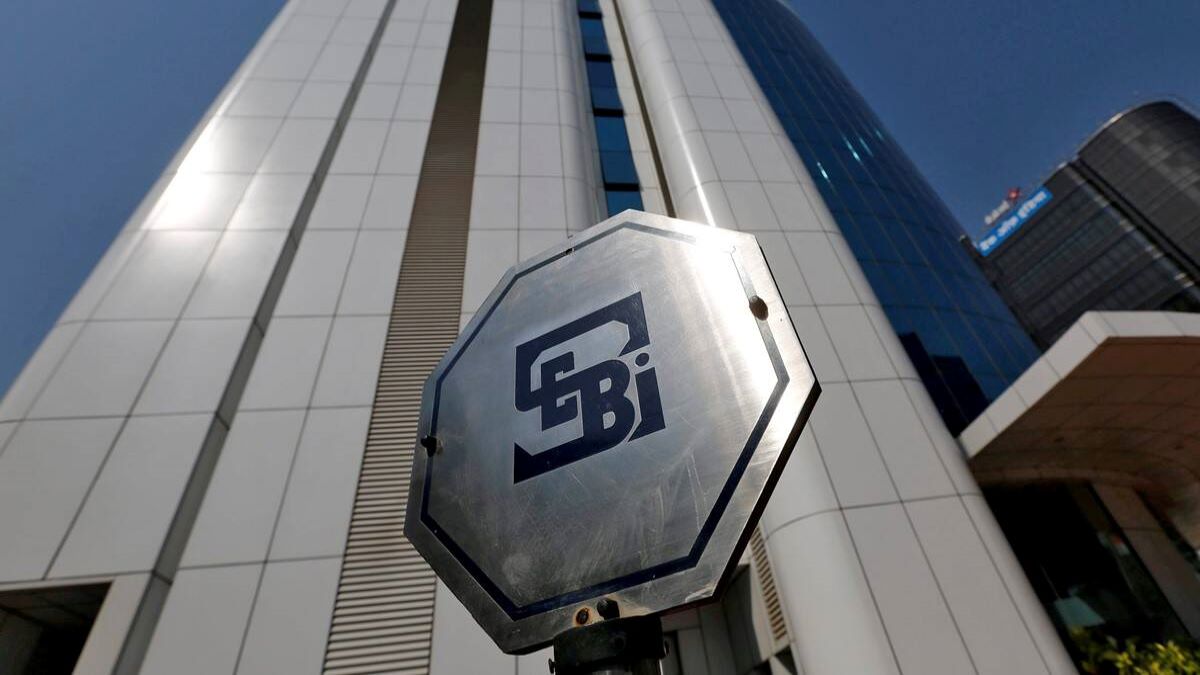The Securities and Exchange Board of India’s (Sebi’s) interim order on Tuesday into Brightcom Group (BGL) financial jugglery seems to have put the group into troubled waters.
A detailed probe into the firm’s preferential share allotment process resulted in top executives being barred from holding positions in any listed company. Further, the BGL stock hit its lower circuit of 5% on Thursday too.
Sebi’s probe revealed that Rs 868 crore had been raised from 82 allottees by way of issuing warrants or preference shares on four occasions.
On the fourth occasion, Sharma was issued 15 million warrants at Rs 37.77 apiece, converted to equity shares in March 2022 and listed on the bourses the following month. While the total amount was Rs 56 crore, the probe found that only Rs 40 crore was received by the firm, leaving a shortfall of Rs 16 crore.
Sharma, however, replied saying the entire payable amount had been paid and he would submit the required information to the regulator on the same day.
In the case of 22 other allottees who were issued shares worth Rs 245.24 crore, the firm received just Rs 52.51 crore, with the remaining Rs 192.73 crore either not received, or routed back to the allottees through multiple layering of transactions.
Sebi also flagged “fictitious receipts” from four entities allotted preferred shares. These were Aradhana Commosales, Sarita Commosales, Kalpana Commosales, and Shalini Sales, all later classified as promoters. A curious link between them — all four had Reddy as a partner.
These four were allotted 145 million shares worth close to Rs 112 crore, accounting for 30% of the total preference shares issued during FY21 and FY22. However, a mere Rs 1.41 crore was received from these entities.
Sourcing their bank account details directly from the banks, the regulator discovered a mismatch with the account details provided by the company, with entries purported to be receipts of share application money from these four entities missing from the statements obtained directly from banks.
A deeper look at the statement of accounts revealed that Aradhana had paid only Rs 2.41 crore with the actual amount being Rs 38.5 crore. Sarita had paid only Rs 4.10 crore instead of Rs 38.5 crore, receiving Rs 4.07 crore from BGL, on the contrary. Kalpana had paid Rs 4.81 crore against Rs 19.25 crore, of which practically the entire amount originated from BGL itself. Shalini was found to have paid nothing for the shares.
Reddy was also found to have made payments to these firms for becoming a partner, while money trails showed money reaching these four entities from BGL via various subsidiaries. Out of Rs 867.78 crore in preferential shares issued, Rs 824 crore was given as loans to two wholly-owned subsidiaries.
The order highlighted the company’s attempt to camouflage accounting entries to the tune of Rs 1,280 crore between FY19 and FY20.
In the order, Sebi also questioned statutory auditor PCN & Associates for not highlighting the lapses and reporting the fraud to relevant authorities. It also discovered that it had connections to P. Murali & Co., which succeeded the firm as the statutory auditor to BGL.
Brightcom group had stirred up the hornet’s nest by fudging its financial statements to inflate its earnings and play down the expenses, which was discovered by a Sebi probe earlier this year.
In April, the markets watchdog had issued an order against the firm for manipulating financials between 2014 and 2020. The order said the company understated its losses by over Rs 400 crore, as it recorded an Rs 868-crore impairment of assets in the balance sheet rather than the profit and loss account.
Two months later, on June 13, an interim order by an adjudicating officer found the company, Reddy and his family, as well as Brightcom promoter Vijay Kumar Kancharla (HUF), his firm, and family guilty of violation of multiple Sebi regulations.

